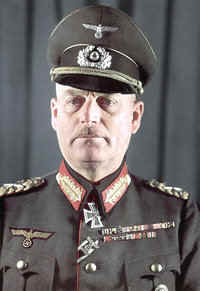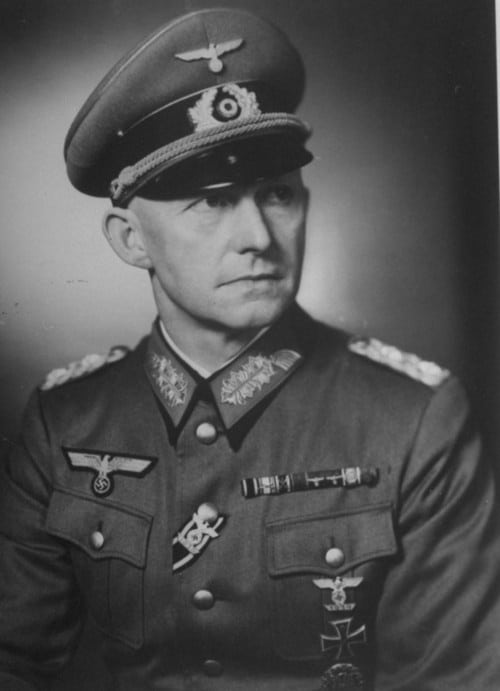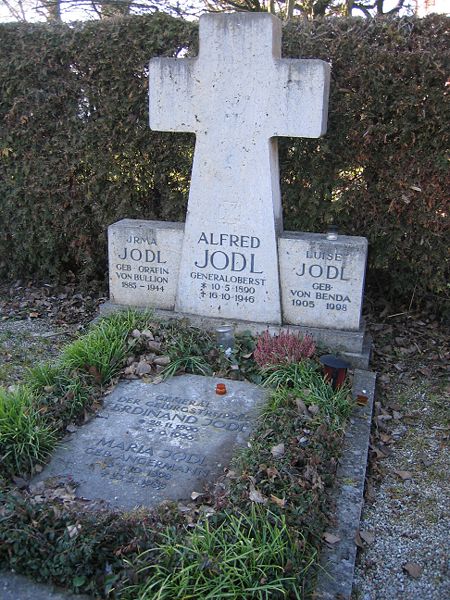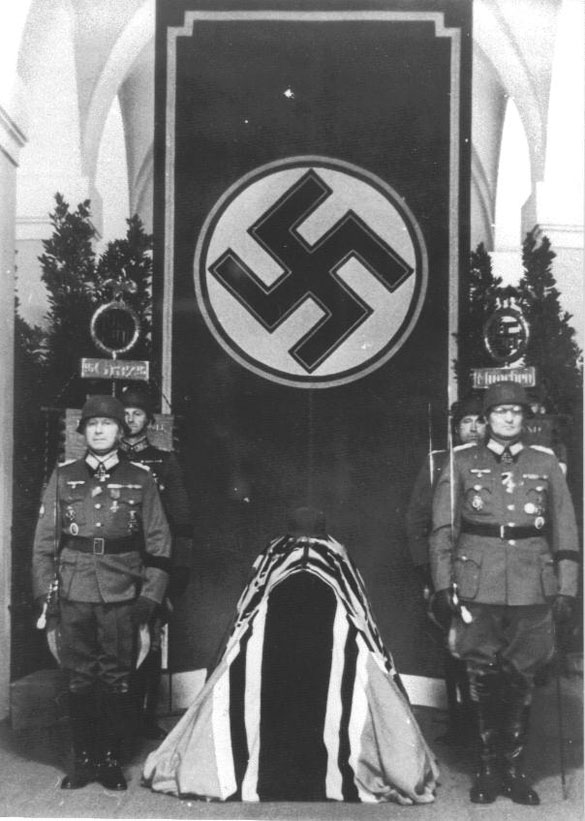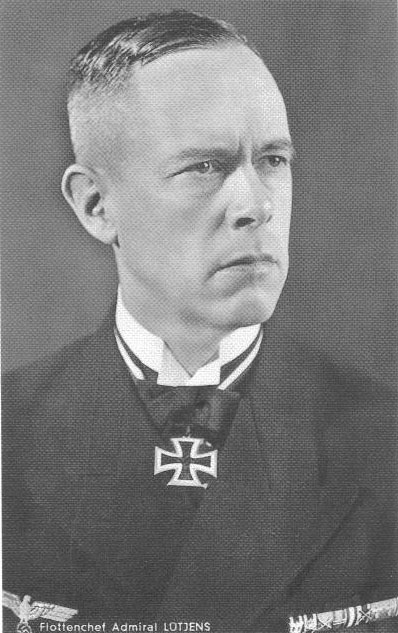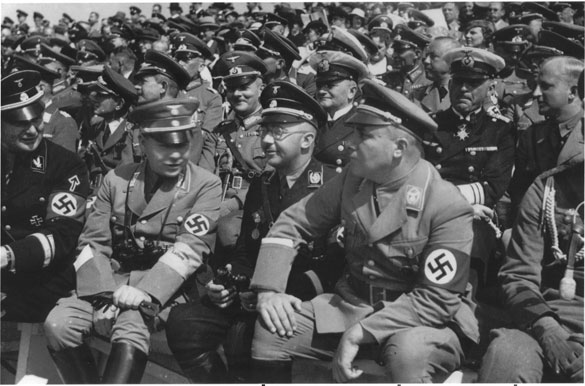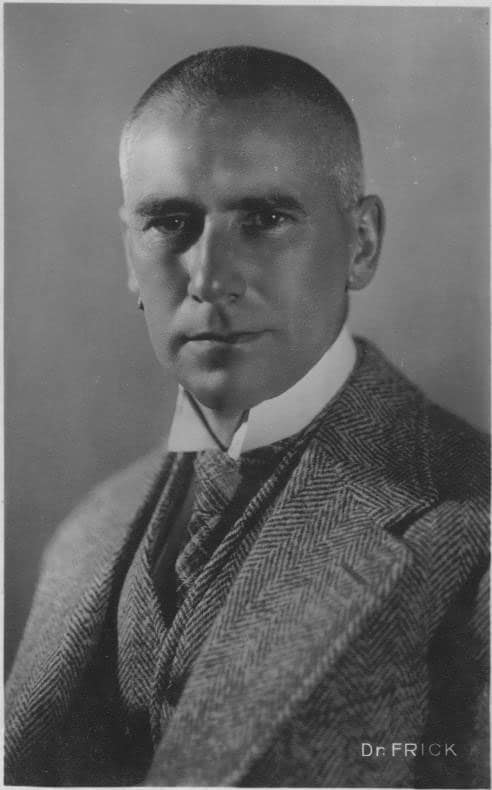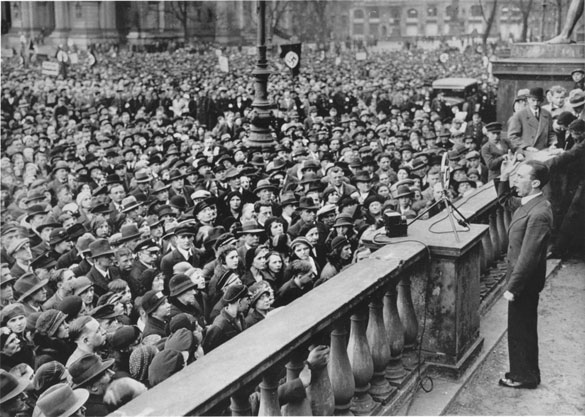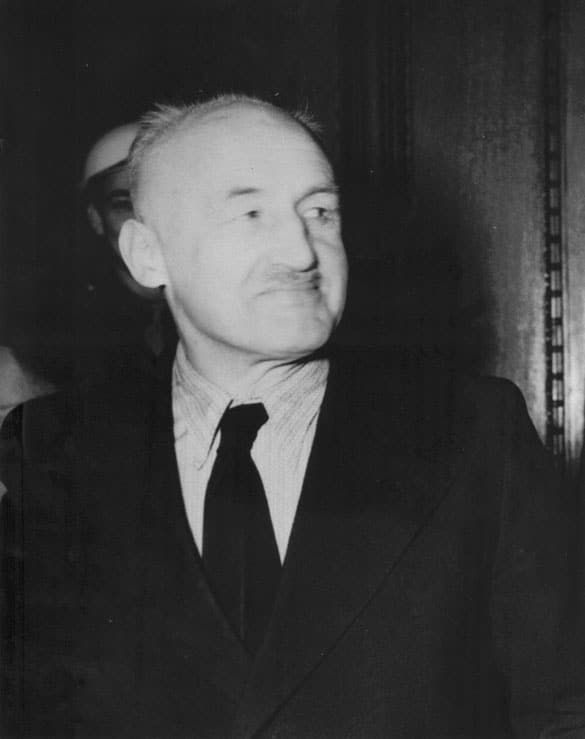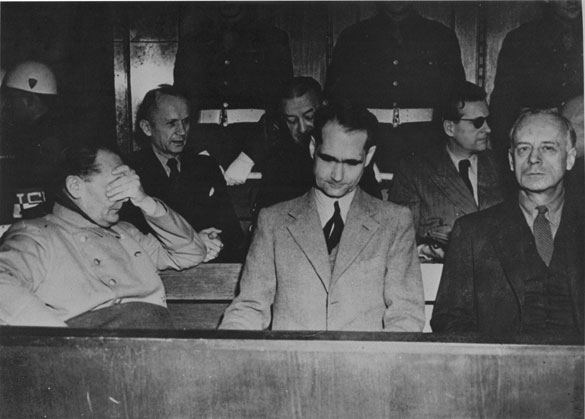Wilhelm Keitel
Wilhelm Keitel, Army Field Marshal, born 22 September 1882 in Helmscherode, winner of the Iron Cross 1st Class in World War I, Chief of the Armed Forces High Command (OKW), winner of the Knight’s Cross of the Iron Cross, survived the bomb explosion during the 20 July 1944 attempt to assassinate Adolf Hitler, convicted of crimes against peace, war crimes and crimes against humanity at Nürnberg, executed by hanging on 16 October 1946 at Nürnberg, autobiography In the Service of the Reich published after his death, said to Wilhelm Canaris:
“My dear Canaris, you may know something about military intelligence. Being a sailor, you surely don’t propose to give us any lessons in strategic planning.”
